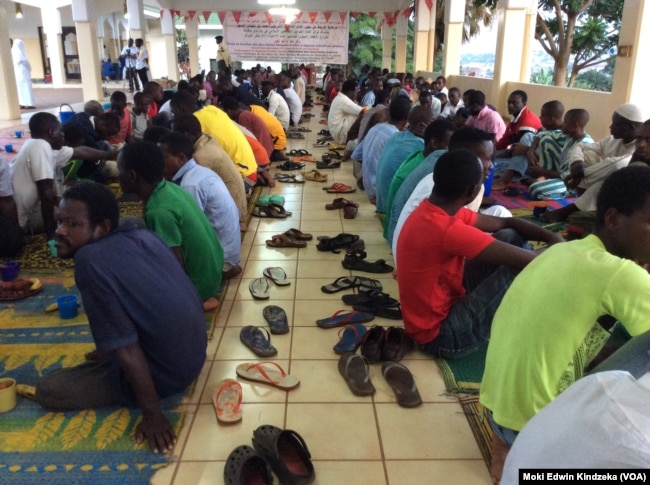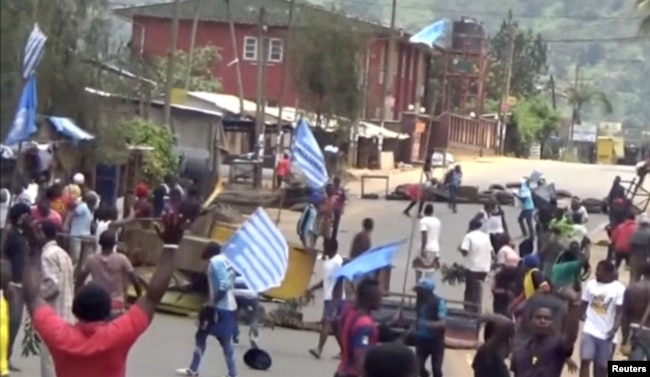27, December 2017
US First Lady orders White House tree from 1800s to be removed 0
US First Lady Melania Trump has ordered the removal of an iconic tree that former President Andrew Jackson planted in 1828 in honor of his late wife.
Melania, the wife of incumbent US President Donald Trump, ordered on Tuesday that the 200-year-old Jackson Magnolia tree be cut down later this week, citing a safety hazard after reviewing historical documents and a relevant report made by specialists.
Some experts said the tree located on the west side of the White House had decayed to a point where it could no longer be safely preserved.

“The overall architecture and structure of the tree is greatly compromised and the tree is completely dependent on the artificial support,” read documents obtained by the CNN.
“Without the extensive cabling system, the tree would have fallen years ago. Presently, and very concerning, the cabling system is failing on the east trunk, as a cable has pulled through the very thin layer of wood that remains. It is difficult to predict when and how many more will fail,” they noted. “We understand this is a historic tree, and all measures have been used to save it to this point in time. While we cannot comment on the need to preserve the tree as long as it stands, we believe eventually, the tree will fail.”

Stephanie Grisham, Trump’s spokeswoman, said in an interview with the Associated Press that Melania had discussed options with White House staff and reviewed an analysis by the US National Arboretum before deeming that the tree was a safety risk.
“After reviewing the reports, [Melania Trump] trusted that every effort had been made to preserve the historic tree, and was concerned about the safety of visitors and members of the press who are often standing right in front of the tree during Marine One lifts,” Grisham said.
The spokeswoman said a “large portion” of the tree will be removed, and that the wood and seedlings from the tree will be preserved for the future.
Another Jackson Magnolia is expected to be planted in its place.
The Jackson Magnolia is the oldest tree on the White House grounds and has appeared in the background for numerous historical events, also featuring on the $20 bill from 1928 to 1998.
The tree was the former president’s tribute to his wife, Rachel Jackson, who died days after the election.
Source: Presstv
































27, December 2017
Blocked from Europe, refugees settle in Morocco 0
Unable to reach Europe in search of a better life, Aliou Ndiaye settled in Morocco instead, giving up on his original goal like thousands of other sub-Saharan African refugees.
“Everyone has the right to go to another country to try their luck,” the 31-year-old former fish exporter from Senegal told AFP.
“Lots of people are trying to reach Europe, but some end up staying to make a living.”
Seven out of 10 West Africa-born refugees stay on the continent, according to a December study by the Moroccan think tank OCP Policy Center.
Discouraged by the danger of passing through countries such as Libya and by harsh policies aimed at preventing migrants going to Europe, many settle in “transit” countries including Morocco.
Ndiaye said he gave up after he realized reaching Spain was “too hard”.
He took on several informal jobs and finally set himself up as a street vendor in Rabat, where he expects to remain.
His story illustrates a trend that has gained increasing attention from Moroccan politicians, civil society and researchers.
Morocco has turned from a transit country into a host country for refugees, according to the government’s High Commission for Planning.
“The Moroccan authorities have switched from a security approach, which criminalized illegal immigration, to a discourse of integration,” said Mehdi Alioua, former head of a group that helped migrants.
He said the new approach involves moving refugees from border regions to the country’s big cities, taking them further from their ultimate goal — reaching Europe.
That has meant that many stay on in Morocco.
Rabat has become home to many sub-Saharan Africans who work at informal markets in the capital, while others, still hoping to make it to Europe, live in informal camps near bus stations and eke out a living by begging.
(Source: AFP)